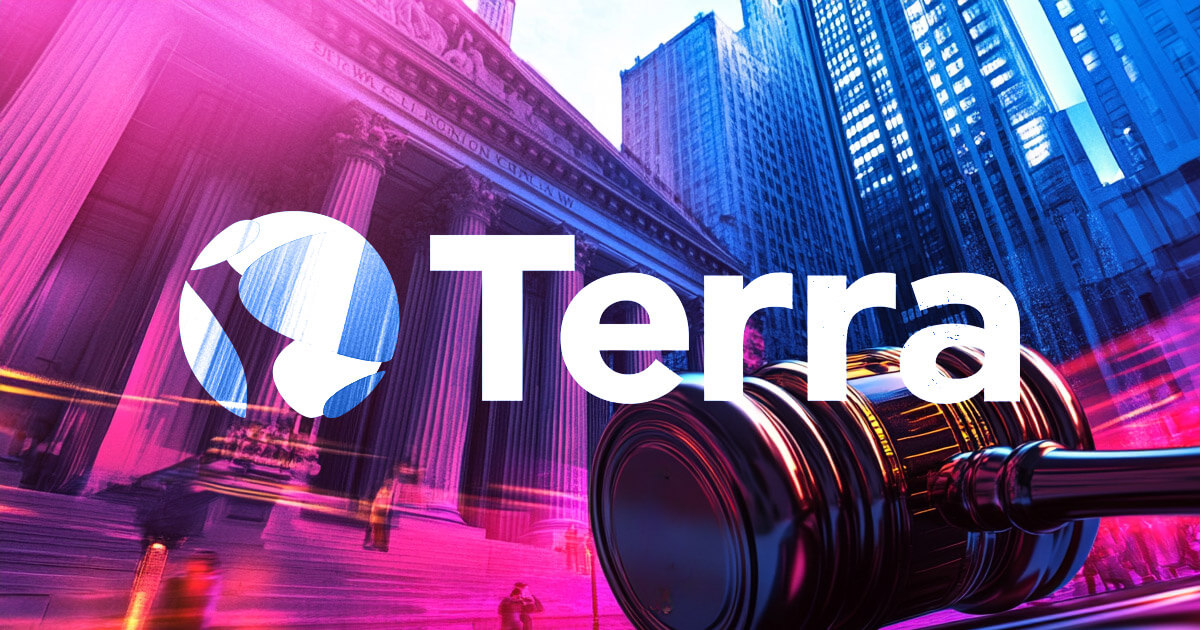In a recent heated exchange, Senator Kennedy questioned Gary Gensler’s, Chairman of the U.S. Securities and Exchange Commission (SEC), authority and his agency’s competency in controlling the frauds within the crypto industry.
He zeroed in on the case of FTX, the crypto exchange founded by the “over-haired” and “under-dressed” young billionaire, Sam Bankman-Fried. The senator expressed incredulity that the SEC had not proactively investigated FTX despite the conspicuous activities and grand ambitions of its founder.
Kennedy highlighted that the SEC’s regulatory machinery, intended to guarantee transparency and combat fraud, appeared to have failed in the face of this disruptive new industry. He criticized the SEC for not sending investigators to probe FTX and for failing to halt its operations until basic, fundamental questions were answered.
Gensler’s Defence
In response, Gensler argued that the crypto field is fraught with abuses and fraud, often bundled with offshore services, making regulation a complex task. He claimed that the SEC has been actively investigating and bringing action against many companies and that these efforts often take considerable time. He also pointed out the challenges of dealing with the tens of thousands of tokens and countless actors within the crypto industry.
However, Kennedy remained unsatisfied, asserting that with proper initiative, the SEC could have quickly shut down FTX’s operations through a court injunction.
Echoes in Congress
This exchange between Senator Kennedy and Chairman Gensler triggered a series of reactions in Congress. Congressman Dusty Johnson took to Twitter to condemn the SEC’s strategy of “regulating by enforcement.” He argued that the numerous lawsuits against digital asset firms were not protecting the public and were hampering innovation and growth in the industry.
Similarly, Congressman John Rose announced the introduction of H.R. 4657, a bill aimed at restricting the SEC’s ability to enforce what he calls “moral and social policy.” He accuses the SEC, under Gensler’s stewardship, of overstepping its mandate by imposing its progressive political agendas on retail investors and retirement savings.
“If the American people want companies to take certain actions or political positions, they will exercise those desires through their pocketbooks and consumer choices—not the heavy hand of government.” – Rep John Rose
Credit: Source link















































